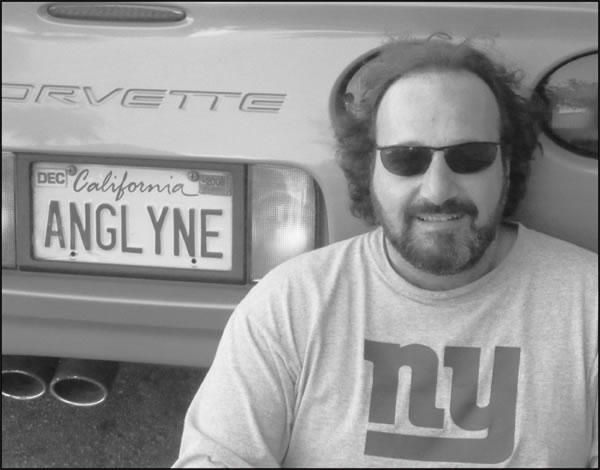By Talia Page
Behind the scenes of some of the New York-based films in this year’s Festival, local filmmakers open up about the role of Manhattan in their movies.
Run For Your Life Not a film for couch potatoes, this inspiring documentary tracks the life of Fred Lebow, who immigrated from war-torn Europe to New York—but didn’t stop running once he arrived. Thanks to Lebow’s race against the odds, millions of people come together to run the New York City Marathon every year.
“New York City has always held a mythic place in the world’s imagination. In the 1970s, the perception was that it was a dangerous place to be avoided. When Fred Lebow brought the New York City Marathon to the five boroughs, to the streets, and to the people, it gave New York something to be proud of and projected an image of the city that had not been seen. Only in a place like New York City could an immigrant from Transylvania—a middle of the pack runner at best—emerge as a most unlikely hero in the world’s fitness boom. New York City’s mythic appeal allowed the race, in a just a few short years, to eclipse established big-city races like the Boston Marathon as the top sporting event of its kind. Having grown up here in 1970s and 1980s, I wanted to make a film that captured this period in the city’s history and, like the marathon itself, celebrated the spirit of the every-day people who brought forth this great transformation.”
— Director Judd Ehrlich
Hotel Gramercy Park
The film reveals the history of the famous hotel where artists, junkies, and celebrities alike have shared the same pillows (and occasionally the same dreams). Bellhops, residents, and Weissberg family members provide first-hand accounts of the landmark Hotel Gramercy Park.
“At it’s heart it celebrates the best and worst of New York, which is summed up anew by Lee Black Childers when he says, ‘The spirit of New York is change.’”
— Director Douglas Keeve.
Squeezebox!
Here’s a chance to live vicariously in the colorful days of Squeezebox, the stage rocked by fun-loving liberal sex celebs like Hedwig before Giuliani cleaned up the act.
“Making an independent doc is a long, sometimes thankless process, but when it culminates in the chance to premiere in a top notch film festival that happens to be in our hometown, which is major subject of our movie, we couldn’t be happier. Being included in Tribeca is an honor and the fact that most of our cast & crew still lives here and will be in attendance to share the world premiere with us will make for an adrenaline rush of an evening.”
— Directors Zach Shaffer and Steve Saporito.
The Universe of Keith Haring
Keith Haring is an iconic figure whose success continues to give hope to artists who show up with nothing but dreams and art supplies. This movie is a celebration of his life, his art, and his city.
“This movie is uniquely New York and shows how someone young and with a dream can come here to become their own person and make their own way. His work was largely born out of his connection to New York so it is fitting movie has its premiere at Tribeca.”
— David Koh, Head of Acquisitions, Art House Films
Man on Wire
Hardly does one ever hear true tales of conspiracy involving tightrope walkers. Philippe Petit’s life is daring, crazy, and almost altogether unbelievable—but it’s true, and it’s all captured in this surprising documentary.
“I hadn’t anticipated that the film would become a fundamentally human drama that, amongst other things, turned out to be a comedy of errors, a love story, a story about friendship and its limits and a satire on authority and arbitrary rules. Inevitably, the film also portrays New York and America in a bygone era. The Watergate crisis reached its dramatic climax in the very same week that Philippe walked between the towers and Nixon resigned the day after Philippe’s adventure. In 1974, New York was clearly a dirtier, more lawless and more dangerous city than it is now. It was an era of sleaze, adult film cinemas, muggings and civic corruption. And yet in this era of zero tolerance, it is hard to imagine the present police officers, judges and politicians of the city reacting to Philippe’s criminal activities in the way they did in 1974. Back then, they applauded him for his exploits.”
— Director James Marsh





































